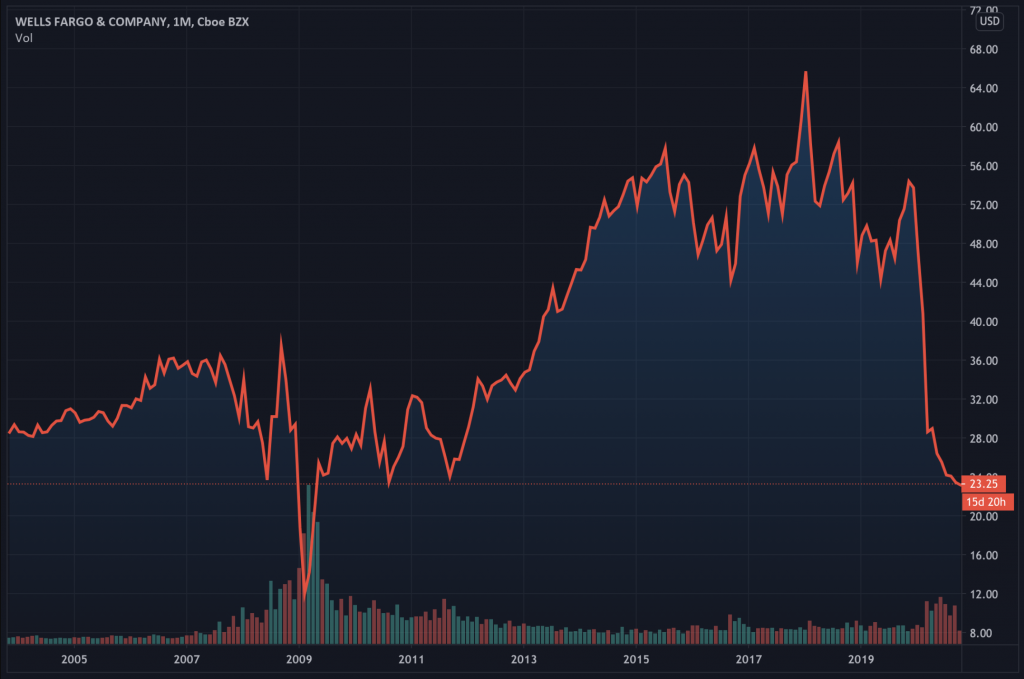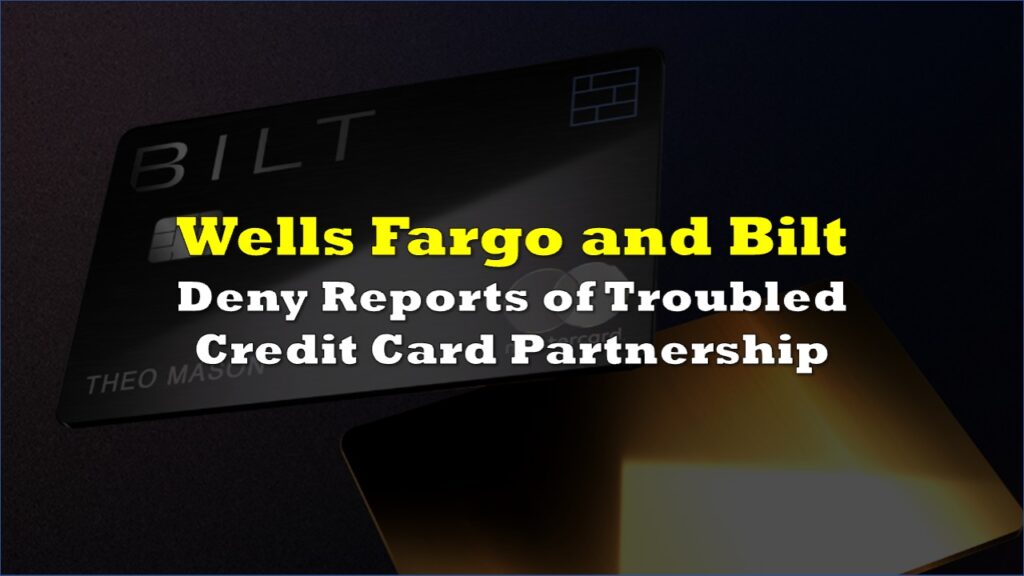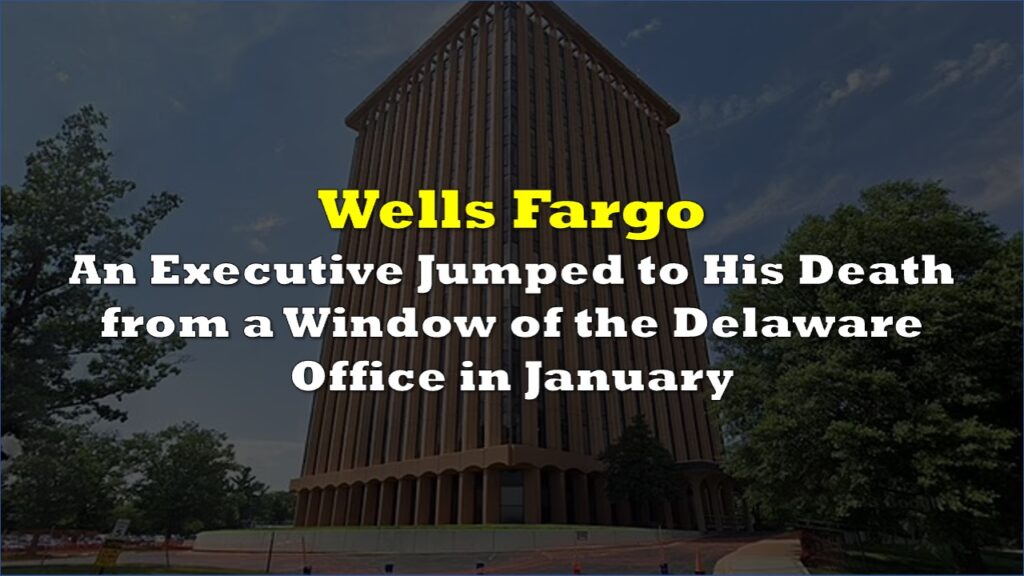As with any good thing, it only takes a select few to ruin it for everyone, even in the banking sector. First it was JPMorgan, which recently admitted that more than 500 of its well-paid employees had illegally dipped into COVID relief funds intended for small businesses that were legitimately hurt by the pandemic. Now however, it appears that it is not only JPMorgan employees that daydream about dollar signs whilst at work.
According to an internal memo reviewed by Bloomberg, Wells Fargo has recently fired over 100 of its employees over fraudulently collecting coronavirus relief funds that were intended for small businesses struggling to keep their doors open amid the pandemic. The bank determined that workers had made false applications for the Small Business Administration’s (SBA) Economic Injury Disaster Loan (EIDL) program.
Although it is legal for employees of large companies to tap into government aid for businesses that they may have on the side, Wells Fargo determined that their employees’ actions were in fact abusing the system. When the SBA first unveiled the loan program, it warned banks to look out for suspicious deposits among its customers and even staff, especially with the program’s cash advances of up to $10,000, which do not have to be repaid.
Unlike the federal government’s Paycheck Protection Program, which had banks serve as intermediaries in the disbursement of aid, funds from the EIDL program were directly deposited from the SBA. Although the SBA notes that it does in fact have stringent anti-fraud protections, the heightened urgency of transferring aid to struggling businesses amid the pandemic lead to instances of illegal activity being overlooked.
However, this is not the first time that Wells Fargo has been the subject of fraud allegations. The bank is most famously known for its extensive account fraud scandal where it created millions of fake checking and savings accounts on behalf of their customers without their knowledge. This massive fraud spanned for a duration of 14 years, but ultimately came to a bitter end, as the bank was ordered to pay $3 billion in order to settle the criminal charges.
Then in 2018, the Wells Fargo agreed to a consent order by the Fed which would cap the bank’s balance sheet and restrict the number of loans that could be issued. This, along with the prior criminal charges ultimately lead to the bank’s poor performance in the stock market, and even caused Warren Buffet to dump his Wells Fargo holdings.

Information for this briefing was found via Bloomberg. The author has no securities or affiliations related to this organization. Not a recommendation to buy or sell. Always do additional research and consult a professional before purchasing a security. The author holds no licenses.








